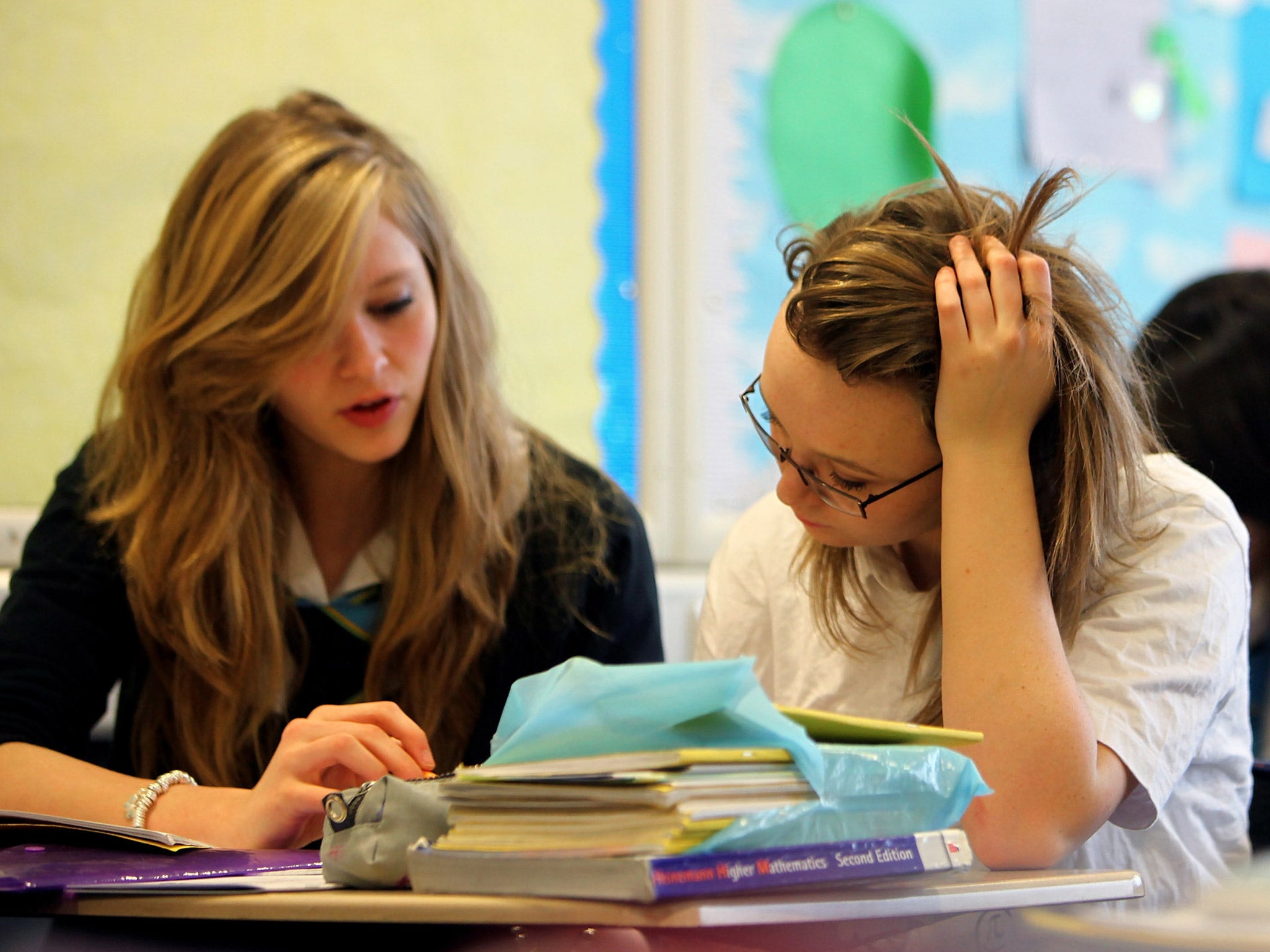Girls encouraged to ‘do science’ rather than be scientists more likely to engage with the subject
A change in language could help address the gender disparity in Stem subjects

Getting more young girls interested in science from a young age has long been a goal of the education system. Now a new study shows that a small tweak in wording could make all the difference.
According to researchers, asking girls to “do science” rather than “be scientists” increases their engagement and persistence with the subject.
The psychology study was conducted by researchers at New York University and Princeton University, who carried out four studies with children aged four to nine years old.
They found that children who are the targets of stereotypes suggesting they wouldn’t be good at science, focusing on the action, rather than the identity, led to more positive results.
"The roots of gender disparities in science achievement take hold in early childhood," said Marjorie Rhodes, an associate professor in NYU's department of psychology and the senior author of the study. "This research identifies an element of children's environments that could be targeted to reduce early gender differences in science behavior among young children."
As part of their research, the authors analysed children’s television shows and found that popular programmes refer to scientists as a kind of person more often than they refer to science as an activity that people do, which can deter young girls from feeling confident in their abilities.
The study, which appears in the journal Psychological Science, follows on from similar research undertaken by Rhodes and her colleagues last year, which showed that asking children "to help" instead of to "be helpers," led to more pro-social helping behavior.
The findings could help get more women interested in science from a young age, which is crucial in addressing the gender imbalance in the field.
According to figures from Wise Campaign, in 2017 women made up 23 per cent of those in core science, technology, engineering and maths (Stem) occupations in the UK.
A report from the Institute of Fiscal Studies last year showed that while girls perform similarly to boys in science GCSEs, they then avoid taking them at A-levels. Among those who achieved grade A or A* in GCSE physics, for example, just 13 per cent of girls compared to 39 per cent of boys took physics A-level.
Join our commenting forum
Join thought-provoking conversations, follow other Independent readers and see their replies
Comments
Bookmark popover
Removed from bookmarks